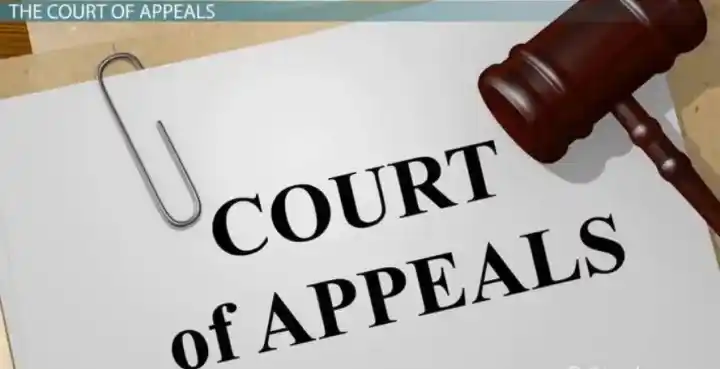Appeal Court Condemns GTBank Over Unauthorized Freezing of Businessman’s Account

Lawyard is a legal media and services platform that provides…
The Abuja Division of the Nigerian Court of appeal has, in Appeal No: CA/A/CV/155/2023, lampooned Guarantee Trust Bank PLC for freezing the account of a businessman, Mr. Austin for over a period of one year. The leading judgment of the Court was delivered by Honourable Justice Okon Abang, JCA, who decried the conduct of the Bank. According to him, “For 28 months, the 1st Respondent a businessman, a renowned customer with appellant was unable to operate his account that was well funded, this is man’s inhumanity to man in this earthly world.”
The Appellant bank appealed against the Judgment of the FCT High Court presided over by the Hon. Justice Belgore, who entered judgment in favour of Mr. Austin on the 1st day of December, 2022. Represented by Segun Fiki of Chikaosolu Ojukwu, SAN & Co Mr. Austin told the Court that the freezing of his account by Guarantee Trust Bank was illegal, unlawful, arbitrary and accentuated by bad faith. The bank [represented by Chief C.P. Oli] countered that it acted under the directives of the Police who served it with a letter accompanied by an Order made by a Magistrate to place restrictions on the account pending the outcome of investigations being carried out. However, Mr. Austin in his further affidavit averred that the Order of the Magistrate Court relied on by the Bank was on 30th May, 2022 vacated and that the Bank was served with the order vacating the restrictions on the same day the order was made yet the Bank refused to lift the restrictions placed on the account for more than 4 months until 3rd October, 2022.
The Court of Appeal in resolving the issue raised in the appeal, affirmed the decisions contained in the cases of CLEMENT EWE OSEMENE V GUARANTEE TRUST BANK in Suit No: LD/1961/GCM/2007 and EUNICE ODDIN & 4 ORS V ZENITH BANK & 6 ORS in Suit No. FHC/ABJ/1635/2019 wherein the Banker’s Order issued by the Magistrate Courts was declared illegal, null and void affirming that no Magistrate has the power to issue a Banker’s Order either by virtue of Section 89 of the Evidence Act or by non-existent Banker’s Orders Act 1847. The Court reasoned that GTB ought to have taken steps to urgently vacate the order of the Magistrate being aware of the decisions declaring such order a nullity GTB was a party to the cases wherein those decisions were reached. According to the Court, “the appellant did not do this, instead got the order, hurriedly restricted the account of the 1st Respondent, failed to inform the 1st Respondent even where the demand was made. The appellant however preferred to feed fat on the account of the 1st Respondent reasonably believed to have traded with the funds in his account thereby making commercial interest from it for upwards of 28 months. My Lords, I agree with the trial court that the conduct of the appellant on the defenceless 1st Respondent is an affront on our Constitution and the law. This impunity by the individuals working for the appellant must abate here and now. The appellant acted recklessly in bad faith and exhibited unnecessary arrogance to the extreme to the detriment of the 1st Respondent… Even where the applicant took steps to set aside the Banker’s Orders illegally obtained from the Magistrate Court, the appellant exhibited highhandedness and oppressive conduct with impunity to the 1st Respondent”
The Court dismissed the appellant’s contention that the freezing of the 1st Respondent’s account could have given rise only to an action in breach of contract instead of fundamental human rights under which the action was initiated. In the esteemed view of the Court, “where an account is restricted without an order of Court for instance when the banker’s Order was vacated from the 30/5/2022 and for 4 months thereafter, the restriction was not lifted yet there was no more court order restricting the account of the 1st Respondent, the latter day restriction of the 1st Respondent’s account without court order was in violation of the 1st Respondent’s proprietary right under Section 44(1) of the 1999 Constitution as amended.”
The Court affirmed the 60m damages earlier awarded by Hon. Justice Belgore of the FCT High Court and further awarded damages of N300, 000 against the Appellant. Other Justices on the appeal [Abba Bello Mohammed, and Peter Chudi Obiorah JJCA] concurred in the lead judgment anchored by the Honourable Justice Okon Abang.
Lawyard is a legal media and services platform that provides enlightenment and access to legal services to members of the public (individuals and businesses) while also availing lawyers of needed information on new trends and resources in various areas of practice.













